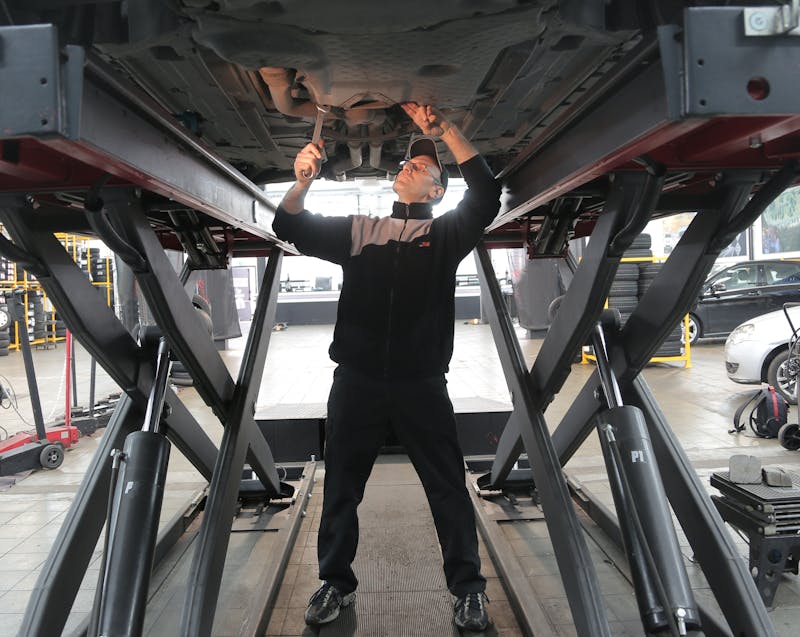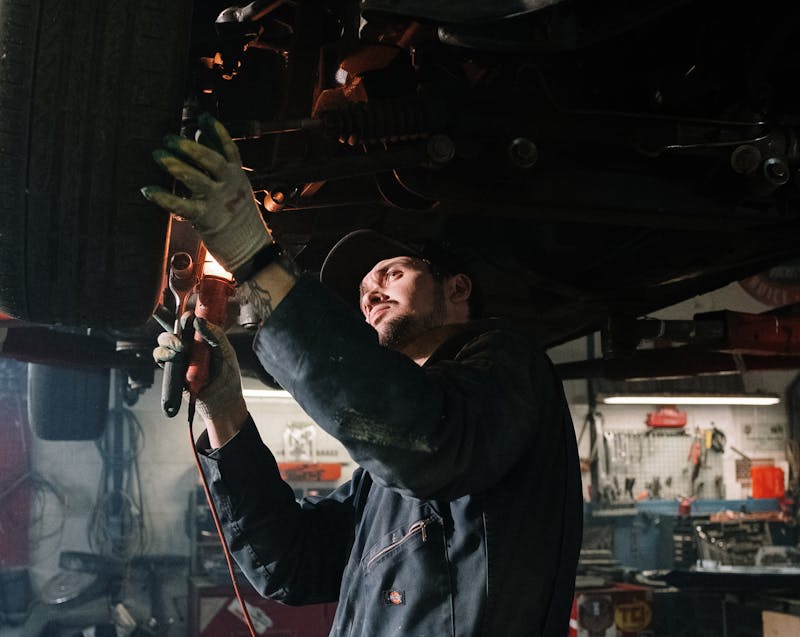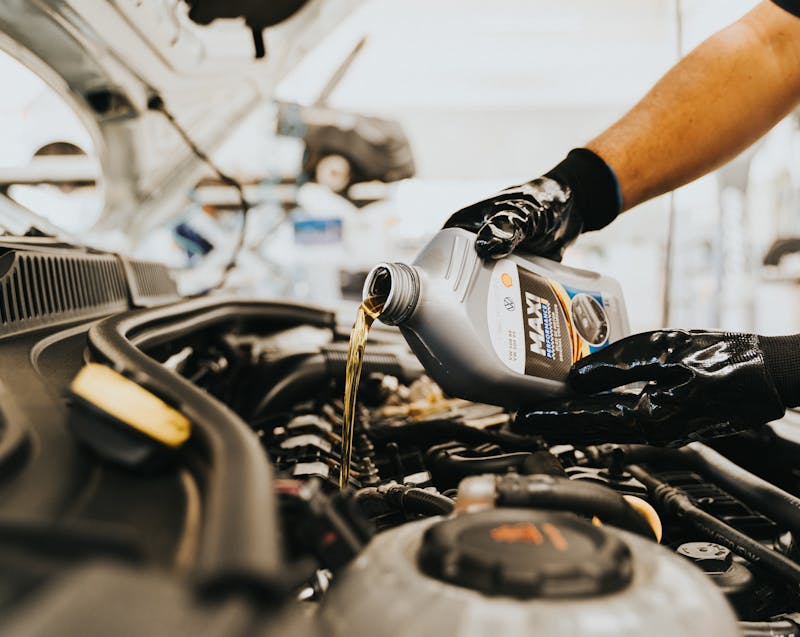

- Auto repair labor rates in the U.S. generally range from $75 to $150 per hour, with dealerships sometimes charging up to $200 per hour.
- Rates vary by location, with urban shops usually charging more than rural ones.
- Independent repair shops often provide more affordable rates compared to dealerships.
- The complexity of the repair and the type of vehicle (luxury or imported) can significantly increase labor costs.
- Shops use flat-rate manuals to estimate labor time, which may not match the actual hours worked.
- Car owners can save money by getting multiple estimates, requesting detailed invoices, and keeping up with preventive maintenance.
- Higher labor rates may be justified when they come with specialized expertise, warranties, and advanced diagnostic tools.
Auto repair costs are often a mystery to car owners. One of the biggest factors that influence the final bill is the labor rate. Unlike parts, which have a set retail price, labor rates can vary widely depending on the type of shop, location, and complexity of the job. For many drivers, understanding these rates is key to avoiding surprises and budgeting for repairs.
In this guide, we’ll break down how labor rates are determined, what factors affect them, and how you can make smarter decisions the next time your car needs work.
Why Do Labor Rates Matter for Car Owners?

Labor rates are not just random numbers on a repair invoice. They represent the time, skill, and expertise mechanics bring to fixing your vehicle. Most auto repair shops set their hourly labor rates based on operating expenses, technician training, and regional market standards.
For car owners, this matters because labor often makes up a significant portion of the repair bill. For example, a $200 part may cost an additional $300–$500 in labor, depending on how many hours the repair requires. This is why two shops can charge very different prices for the same service. Understanding labor rates allows you to:
- Compare prices fairly between different shops.
- Identify whether you’re being overcharged.
- Budget more accurately for routine and emergency repairs.
- Decide when DIY or seeking a second opinion makes sense.
What Is the Average Labor Rate for Auto Repair?
Across the U.S., auto repair labor rates usually fall somewhere between $75 and $150 per hour, though the exact price depends on multiple factors. Dealerships are often at the higher end of the scale—sometimes reaching $200 per hour—since they employ manufacturer-trained technicians and use specialized diagnostic tools. On the other hand, independent repair shops generally offer lower hourly rates, making them a more affordable choice for many car owners.
Geography also plays a major role. Shops located in large metropolitan areas with higher living expenses typically charge more than those in smaller cities or rural communities. The type of vehicle being serviced matters as well; luxury or foreign cars often demand specialized expertise, which can push labor rates above the standard range.
While knowing the national average is useful, every car owner should check local pricing and compare repair options before moving forward with service.
What Factors Influence Auto Repair Labor Costs?
When you see a labor charge on your invoice, several elements go into that number. Shops calculate labor costs based on a mix of business expenses and industry standards. Here are the main influences:
- Type of Shop – Dealerships vs. independent garages.
- Location – Urban vs. rural pricing differences.
- Complexity of the Repair – Simple brake pad replacement vs. major engine work.
- Technician Skill Level – More experienced or certified mechanics may command higher rates.
- Overhead Costs – Rent, equipment, insurance, and employee wages all factor into the hourly rate.
Knowing these variables helps car owners understand why labor rates are not “one size fits all.”
How Do Shops Estimate Labor Time?
Many car owners wonder why a repair that takes a mechanic two hours might still show four hours of labor on the bill. This is because auto shops use standardized labor guides, often called “flat-rate manuals.” These guides estimate how long a specific repair should take based on manufacturer data.
For example:
- Brake pad replacement – 1 to 2 hours.
- Alternator replacement – 2 to 3 hours.
- Transmission rebuild – 8 to 10+ hours.
If a technician finishes the job sooner, the shop still charges the standard time. While this system may seem unfair, it balances efficiency and ensures consistency across the industry.
How Can Car Owners Manage Auto Repair Costs?

While you can’t control an auto shop’s labor rate, you can take steps to minimize your expenses:
- Get Multiple Estimates – Compare at least three shops before committing.
- Ask for a Breakdown – Ensure the invoice separates parts from labor.
- Use Independent Shops – These often charge less than dealerships.
- Consider Preventive Maintenance – Regular checkups reduce the risk of costly repairs.
- Research the Job – Knowing what auto repair is and understanding the basics of the service helps you avoid unnecessary charges.
By being proactive, you can avoid paying more than necessary and feel more confident about the repair process.
Is Paying Higher Labor Rates Ever Worth It?
Not all labor rates are created equal, and sometimes paying more can save you money in the long run. Shops that charge higher rates often invest in:
- Advanced diagnostic equipment.
- Ongoing technician training and certifications.
- Warranty-backed repairs.
- Faster turnaround times.
If you own a newer or luxury vehicle, a shop with higher rates but brand-specific expertise may be the smarter choice. For older or less complex cars, a trustworthy independent shop may provide the same quality at a lower cost.
Final Thoughts on Auto Shop Labor Rates
Understanding how labor rates work empowers car owners to make smarter financial decisions. While the average labor rate for auto repair typically falls between $75 and $150 per hour, the true cost depends on where you live, the type of shop, and the complexity of the repair.
By comparing estimates, asking the right questions, and keeping up with preventive maintenance, you can avoid surprise expenses and keep your vehicle in good condition without breaking the bank.